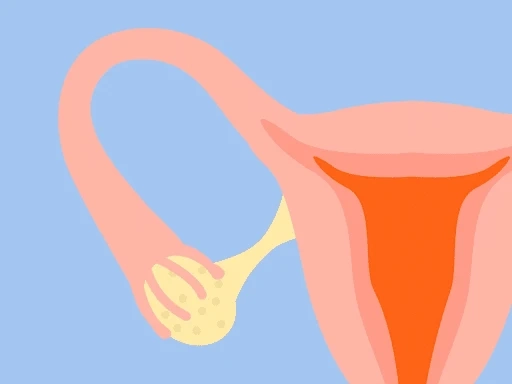Infertility is a reproductive health issue, which makes a male or female unable to enjoy motherhood or fatherhood. Couples or individuals know they have infertility when they notice their conventional methods to have a conception are not bearing fruit. It is common among couples or individuals of reproductive age.
As per Dr Suchitra Reddy, a fertility expert at an IVF clinic in Bangalore, infertility occurs due to many reasons. Hormonal imbalances, obesity, menstrual cycle issues, bad lifestyle habits/choices, tubal blockage/damage, poor ovarian reserve, PCOS, and uterine fibroids are a few to name. Almost every fertility issue is treatable and a couple can enjoy parenthood. Here, have a look at different aspects of poor ovarian reserve and infertility:
What is poor ovarian reserve?
Poor ovarian reserve is one of the primary reasons for infertility in females. Around 10% of females having fertility treatments suffer from poor ovarian reserve. The actual number of women with it could be higher.
Ovarian reserve relates to the number of eggs a female is born with. As a female, your pregnancy chance is lower or zero if you are diagnosed with poor ovarian reserve. At the time of birth, you have 3 to 4 million eggs. As you reach puberty age, your egg number comes down. And around 300 to 400 eggs become mature in your lifespan of reproductive age.
At the age of 30 or after 35, you have a sharp fall in your fertility. Your egg quality and quantity goes down. And it can lead you to have chromosomal issues and miscarriage. Through medical intervention, you can get pregnant even if you have poor ovarian reserve.
Suggest to Read:- 10 Weeks Means How Many Months
Causes of poor ovarian reserve
From ageing to lifestyle habits, numerous factors play a crucial role in the decline of your ovarian reserve. Here are some prominent causes of poor ovarian reserve:
- Endometriosis
- Age
- Pelvic infection
- Smoking
- Radiotherapy and chemotherapy
- Autoimmune disorders
- Tubal diseases or infection
- Genetic abnormalities
- Prior ovarian surgery
- Mumps oophoritis
- Environmental factors
Poor ovarian reserve symptoms
Usually, you notice some signs as your ovarian reserve goes down. Here are some noteworthy symptoms of poor ovarian reserve:
- Prolonged or shorter menstrual cycle
- Conception delay
- Unusual menstrual bleeding
- Miscarriage
Diagnosis of poor ovarian reserve
In general, you (females) worry a lot when you do not conceive even after making unprotected love with your spouse for 6 months to a year. You decide to see a fertility expert. And the expert recommends a few tests after interacting with you and conducting physical examinations. The tests could be:
- Blood tests - to measure the FSH (follicle stimulating hormone) levels, AMH (anti-mullerian hormone), and estradiol (E2). Low AMH levels indicate certain females have poor ovarian reserve.
- AFC (antral follicle count) - as a transvaginal ultrasound screening, it helps the doctor to know the size and number of eggs in both ovaries in a female. You have lower than 5 antral follicles if you have poor ovarian reserve.
Poor ovarian reserve treatment
As per your test reports, the doctor will suggest some effective treatments that could be:
- IVF or in vitro fertilisation
- Fertility preservation
- Ovulation induction therapy
- Donor eggs followed by IVF
Precautions
Your doctor can suggest you take some precautions that could be:
- Preconceptional counselling
- Weight management through a close watch on BMI that could be between 19/20 to 24/25
- Healthy lifestyle habits with no place for smoking, drinking, and highly sedentary life
- Egg or embryo freezing
Conclusion
Poor ovarian reserve affects your fertility. However, you can enjoy motherhood with medical intervention. A fertility expert will facilitate you to conceive naturally or with ART (assisted reproductive technology) solutions like IVF and Egg/embryo freezing.



